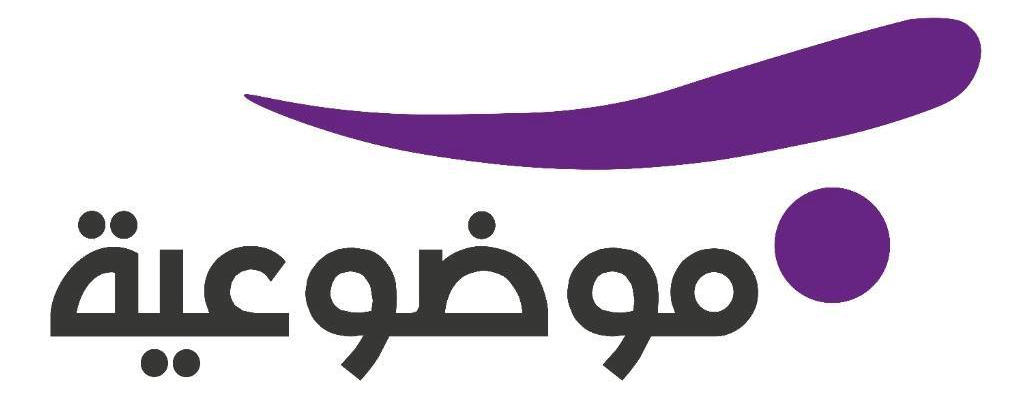Challenges of Online Learning for Teachers and Students
Currently, our country is experiencing a state of conflict due to the ongoing Israeli attacks,
which have disrupted education for both teachers and students. Despite these challenges,
we remain resilient and committed to continuing the educational process through remote
learning. However, this shift presents numerous difficulties for everyone involved.
As educators, we always consider the psychological well-being of our students. However,
some students may still feel distracted and disengaged, showing little interest in interacting
with their teachers, regardless of the subject matter. This disengagement can be worsened
by external stressors, such as family issues or the broader socio-political climate, which can
create an emotional barrier to learning and participation.
Furthermore, we face significant challenges such as poor internet connectivity and frequent
power outages during the teaching process, which negatively impact students’ academic
understanding. These interruptions not only disrupt the flow of lessons but also hinder
students’ ability to engage with online resources, participate in discussions, and complete
assignments. For instance, a student may lose access to a live class or vital educational
materials, leading to gaps in their learning that are difficult to be compensated later.
In addition, Students often feel under pressure and share various challenges with us. Their
primary concerns revolve around grades and parental feedback. To address these
challenges, both teachers and parents play crucial roles. Parents should avoid judging or
punishing their children; instead, they should focus on encouragement and support.
Similarly, teachers need to approach the curriculum thoughtfully, avoiding the rush to
complete objectives at the expense of student well-being. By employing diverse teaching
methods, we can better engage students and ensure that a greater number of them
understand the material, acknowledging the psychological difficulties they may be facing.
In conclusion, it is essential for teachers, students, and parents to work together to
overcome this challenging period. By focusing on the psychological well-being of our
students, we can create a supportive environment that fosters resilience and effective
learning.
Tania Abou Kors Alchoufany
Beirut, 24th of November ,2024





